Did you know that for neuroscientists the phrase “I have too bad a memory” means the same thing as “I'm too lazy to go to the gym, so I'm full”? And all because memory is something like a muscle that can and should be pumped up. It cannot be bad or good - only lazy or, on the contrary, hardworking people can be.
Today we’ll talk about how to develop your memory at home, give recommendations on how to improve it, and give examples of useful exercises.
Simple tasks
First, a little theory. For quite a long time, memory was considered something reminiscent of a large file cabinet, and the process of its weakening over time was compared with ink fading. Nowadays, this approach has lost its relevance, as it was proved that there is no one single area of the brain responsible for storing information and reproducing it.
The mechanisms of memory by scientists to this day are not fully understood. The only thing they agree on is that This function of our brain can and should be developed in the same way as everyone else. Ancient Greek thinkers dealt with this problem, and many of the exercises invented by them have come down to our times in thousands of years.
We bring to your attention the most popular methods of training thought processes, which, with regular classes, will allow you to significantly increase the speed and quality of remembering the data you need.
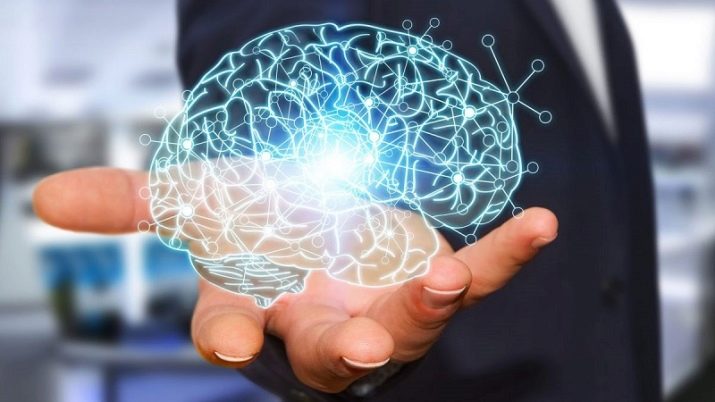
Jigsaw Puzzles
The easiest and most interesting way, familiar to us since childhood, is puzzles with differences. Here man pictures are offered that show almost identical drawings, but with slight differences. For children and adults, tasks may differ - the youngest are given simple images, the number of differences in them usually does not exceed 10, and for adults more complex images with a lot of details and small elements are offered, respectively, and the number of differences also increases.
Poems and Songs
From a very young age, children are taught to memorize poems and texts. This skill needs to be constantly trained, even if the school curriculum no longer requires such tasks from you. When a person often learns small poems or rhymed songs, then his memory improves over time..
Of course, it is much easier to work with some interesting materials, however, students should still pay attention to the information that, one way or another, will be associated with the educational process.

Spelling words
With the spelling of words is connected immediately some pretty original exercises.
- The first allows you to pump linear memory. You need to take a piece of paper and write 10–20 words on it, re-read them several times, first out loud and then to yourself. After that, you need to turn the paper over and write everything that you remember. Gradually, the task can be complicated and these words written in the order in which they were originally written. An even more complicated version of this exercise is the task of reproducing all the words from memory alphabetically.
- The second exercise may also seem like a game: need to come up with words for each letter of the alphabet. This task is especially relevant, because in the process of its implementation the human brain resumes access to many half-forgotten words. Thus, it activates those connections between nerve cells that were in a “sleeping” state outside the solution to this problem.
- This quest resembles a famous game when every player needs to come up with a word starting with the letter ending with the word spoken by the previous player. Play with your children 10-15 minutes a day and you are guaranteed to improve the quality of your memory.
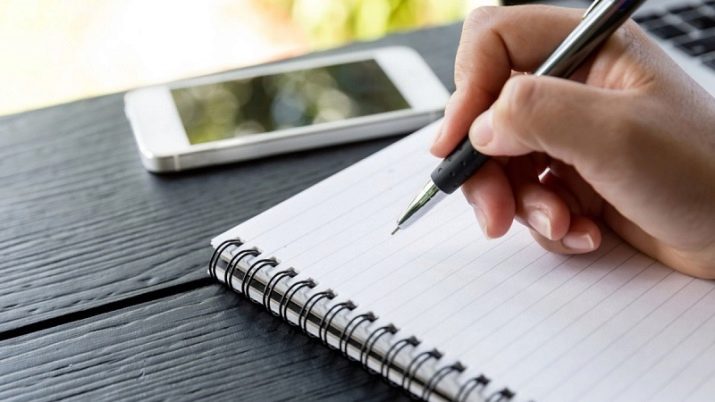
Retelling
Retelling is a very useful skill that helps train reading, speaking and, of course, memory. Anyone who has trouble remembering it is necessary to give first small paragraphs for reading, after which he must retell them. Gradually, you can move on to large amounts of information.
In general, retelling of books, stories and texts allows not only to train the process of memorization in the brain, but also makes it possible to learn some new interesting information, to think and reflect on actual problems.
"Backwards"
A fairly effective technique that can be used from an early age. She aims to to develop short-term memory. The task boils down to the fact that a person needs to remember three simple words from 2-3 syllables, and then reproduce them in reverse order. Gradually, the task can be complicated by increasing the words, then moving on to phrases and even long sentences.

Associative thinking
If you intend to improve the quality of your RAM, then it is impossible to do without some reference points that will not let you get lost in the complex labyrinth of all thought processes that occur in your head. The activity of the brain is affected not only by the time spent on the exercise, but also by understanding the very essence of mnemonics. That is why exercises that are somehow related to associative thinking can make a significant contribution to improving a person’s memory.
As you know, a person can best remember things that are clear to him: in other words, information remains in the head only if the individual is able to recognize it. Therefore, associations become a good assistant in the process of memorization.The principle of exercises is based on the fact that each new image in human thinking evokes already existing images and somehow connects some concepts.
Data can be associated by adjacency (e.g., winter and cold), by contrast (hot and cold), and some other criteria. As practice shows, memorization is best if you use not logical thinking, but fantasy.
Let us illustrate with an example. It will be much easier for children to memorize numbers, if we select an association for each of them, for example, write numbers on paper, and then think about what they look like.
So, the number zero is like an egg, and the number 8 resembles a snowman. By the way, this practice will make it possible in the future to better remember telephone numbers.
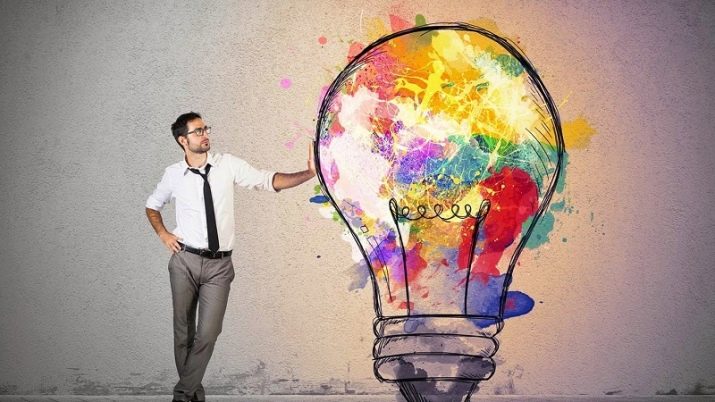
Very it is important to use the message methodologywhile it’s better to connect five senses at once. For example, if you need to remember the phrase “fried potato”, then here you can bring several associations at once: remember how it looks, what its taste, smell, and with what sounds it is fried. If, when receiving new information, you focus on your feelings and sensations, then it will be much easier to perceive these data and remember them. Agree, it is difficult to forget all the information that caused the activity of several anatomical structures of your body at once.
Pay special attention to pictograms - we see such "icons" everywhere in our lives: in books, trademark logos, phones. Pictograms are a good way to remember any information.. Performing the exercise is not difficult: you need to come up with some kind of sentence and try to draw a corresponding icon for each word. For example, the verb “see” can be portrayed in the form of an eye, and the word “inhale” through the image of a nose and a trickle of steam. After you draw a few sentences, you need to try to play the encrypted text.
Another interesting exercise for visual associations. A person needs to close his eyes and try to remember all the objects that he saw on the way from work to home or to any other point. After that, you need to write them down on a piece of paper in order or draw a route.
Such an exercise allows you to develop consistent memory in such a way as to teach a person to remember objects and things in the correct order.

Work with images
Improving memory is impossible without working with pictures and the development of vocabulary. Such exercises are related to developmental ones aimed at concentration of attention. In the simplest version, you will need any image: you should look at it for about 3-5 minutes, then you need to look away and try to describe this image. It is advisable to repeat this exercise several times a day, and you can do this while lying in bed, sitting in an armchair or doing household chores.
Another exercise. It is necessary to take several cards with images of different birds and animals, carefully look at them, remember. After this, the illustrations are removed and all creatures seen are recorded on a piece of paper. It is very important to regularly change the pictures - this will improve the quality of the workout.
More difficult exercise. The cards in it are not pictures, but contain textual data, for example, the names of people and dates associated with certain events in their life.
For example:
- Katya and Zhenya got married on June 15, 1996;
- Masha was born on December 3, 2008;
- Katya graduated from the institute on July 21, 2010;
- a new shopping complex will open on November 21, 2021.
After you read the card, you need to turn it over and try to reproduce from memory all that was written on it.
This is a very useful gymnastics for the mind - if you resort to exercise regularly, then after a while you will notice that your memory has become much better.

Auditory memory training
Many do exercises that improve visual memory, and completely forget about auditory memory, which needs to be developed as actively. The best way to do this is to read books: read aloud every day for at least 10-15 minutes. By the way, schoolchildren can use textbooks for this - in this way, you can combine homework with memory training.
A rather unusual task can be performed outside the home. For example, on the way to work or just in public transport, quietly listen to the conversations of people sitting next to them and memorize them, and then repeat excerpts from what they heard. If a person uses his personal transport to travel, then you can repeat the news and advertising. We draw attention to the fact that the repetition of the data obtained is crucial when performing this exercise, otherwise the method will simply not work.

Other exercises
Japanese scientists believe that the best way to “pump” your brain and improve memory is an oral count, since it involves the active involvement of processes called short-term or working memory, that is, one that allows you to keep in your head all the necessary current information.
Probably, everyone faced a situation where you came to the store with the intention of buying something, and once inside, you forgot what exactly you need. This indicates that a short-term memory failed you. Here you can recommend a few exercises. The simplest thing is to quickly count in reverse order, for example, from one hundred to one. You can complicate the task a little more, for example, to perform a countdown with triples: 300 ... 297 ... 294 and so on. This exercise is better than anyone else to improve the quality of short-term memory.
Chess is a very useful logic exercise, which has long been perceived by people as more than just a game. They involve in the work all possible types of brain activity. This is not surprising, because the player must calculate in advance the moves (both his own and the opponent's) and, based on these calculations, develop a strategy for interaction. The game gives a large number of impressions, and therefore improves the load on working memory and thereby contributes to maintaining the brain in an active state.
To increase the concentration of attention and strengthen the process of preserving the information received, games are used with the search for the same images or figures. To do this, 18–20 pair cards are laid out on the table, they are turned over in turn and remembered where which one is. Purpose of the game: open cards in pairs and set aside. By the way, such simulators can be found on the Internet and used for daily brain training, for example, in public transport on the way to work.
Much attention should be paid to memory training in patients after a stroke. This disease disrupts cerebral circulation, affects the lobes and hemispheres of the brain - as a result, neurons die, and this causes a deterioration in the functioning of the organ.
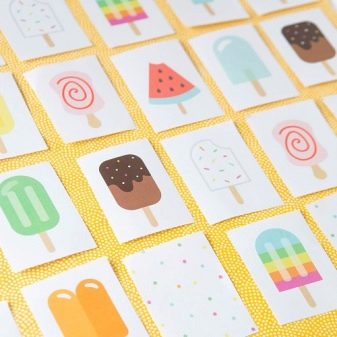
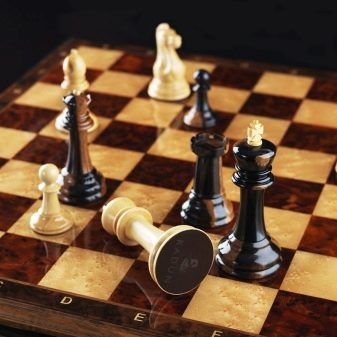
Unfortunately, after a stroke in full, it is almost impossible to restore memory, however, to achieve a significant improvement in the situation is quite realistic.
Work with patients begins with the most basic exercises.
- The patient is called 1-2 letters, after which they give the text in which he must find them.
- The patient is presented with 3-4 any simple objects, he should carefully consider them for several minutes, then remove, list the names and describe what he saw. Such a task must be gradually complicated and new objects added or more detailed ones used.
- Give the patient images of children with their names. Each child in the picture should be distinguished by some element of clothing - it can be a blue bow on his head, green shorts or a red dress.The cards should be turned over and asked the patient to describe what each child was wearing.
Recovering the memory of a person who has had a stroke is a complex, time-consuming and lengthy process and, of course, you can’t get by with just exercises - in any case, the patient needs medication. However, regular practice can significantly accelerate the rehabilitation process. By the way, these same tasks will be useful in case of signs of dementia that have begun.
In general, we can say that exercises aimed at training the memory can significantly improve the quality of human life and optimize brain function. To improve memory and concentration of attention, yoga, exercise, gymnastics on the fingers help. These types of activity improve blood supply to the brain and allow you to achieve the maximum possible results of memorizing information.
You need to train your memory from early childhood - this will allow the child to master the school material much easier. Otherwise, mastering a program in which every year you have to remember more and more new information, and sometimes completely uninteresting, will be difficult.
Particular attention to memory training should be given to older people. Only active actions and constant mnemonic exercises will allow them to avoid many of the problems that every person who has crossed the 60-year frontier faces.











